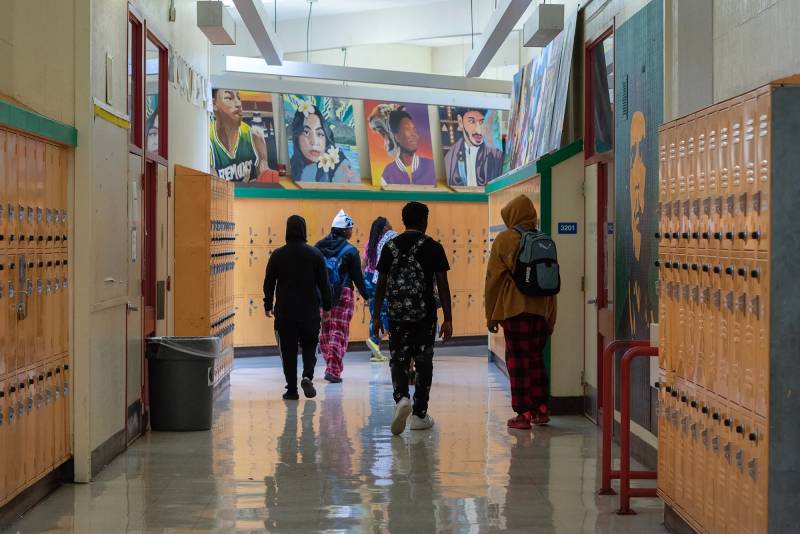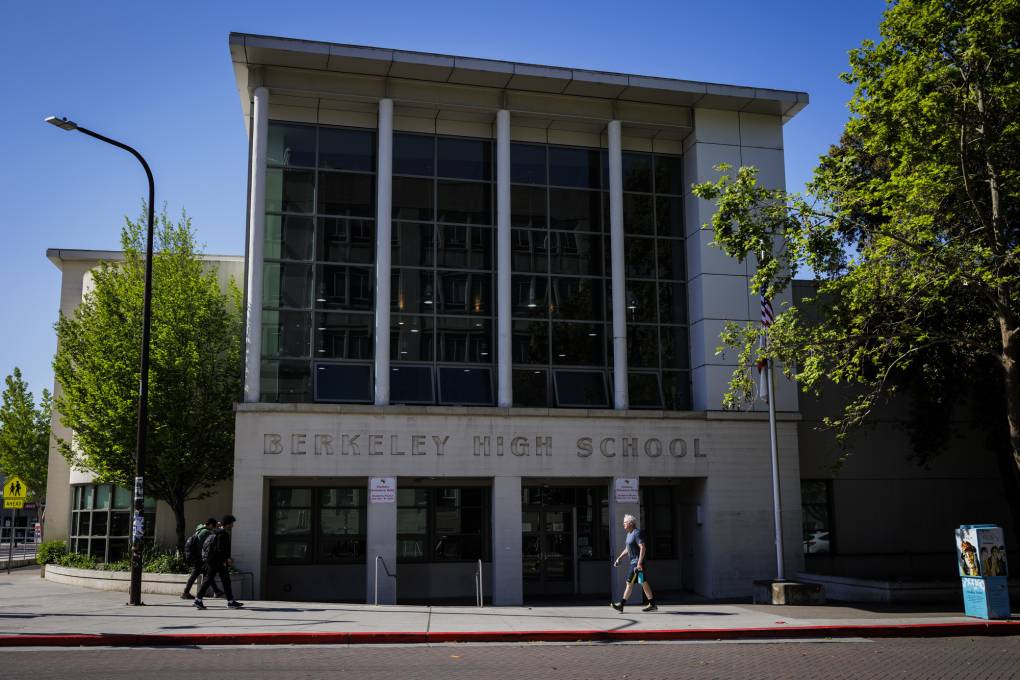When CalMatters asked for a comment on the settlement, the California Department of Education sent CalMatters another copy of the settlement. But it has already begun implementing some of the requirements in the settlement, and has set up a hotline for families and students to report discrimination, harassment, intimidation or bullying.
Discrimination is illegal in California schools, but the state has not always taken an aggressive approach to tracking it at individual schools, according to the lawsuit. Instead, reviews focused on broad data such as discipline rates for Black students or other groups, not specific incidents or patterns affecting individual students.
“Now, instead of just looking at the data, we’ll be able to get to the crux of the issue,” said Malhar Shah, an attorney for the Disability Rights Education and Defense Fund, who also worked on the suit. “There’s going to be increased accountability, and practices that went under the radar will now come out in the open.”
Black students, English learners and students with disabilities all have suspension rates higher than the California average, according to state data. Black students are particularly affected. They had a suspension rate of almost 9% last year, compared to the state average of 3.6%.
East Bay district at the center of discrimination complaint
The ACLU settlement stems from a 2021 lawsuit (PDF) against the state and Pittsburg Unified School District in Contra Costa County, centering on the experiences of a Black student who struggled to receive special education services and was repeatedly suspended.
The girl was traumatized and suffered academically because of the experiences, said her mother, Jessica Black.
“After a while, she felt there was something wrong with her. I would have taken her out (of school), but I didn’t have the resources,” said Black, a single mother.
Pittsburg Unified did not respond to an email request for comment. Its portion of the lawsuit is still pending.
Problems for Black’s daughter, identified as L.G. in the lawsuit, started almost immediately after she enrolled in the district in third grade, Black said. In one incident, a white student teased L.G. because of her Afro-style hair, leading L.G. to throw an apple at him and get suspended.
By the time L.G. was in fourth grade, the school placed her in a special class for students with emotional challenges, even though she did not have an Individualized Education Plan for special education. The girl felt isolated from her friends and floundered academically.



